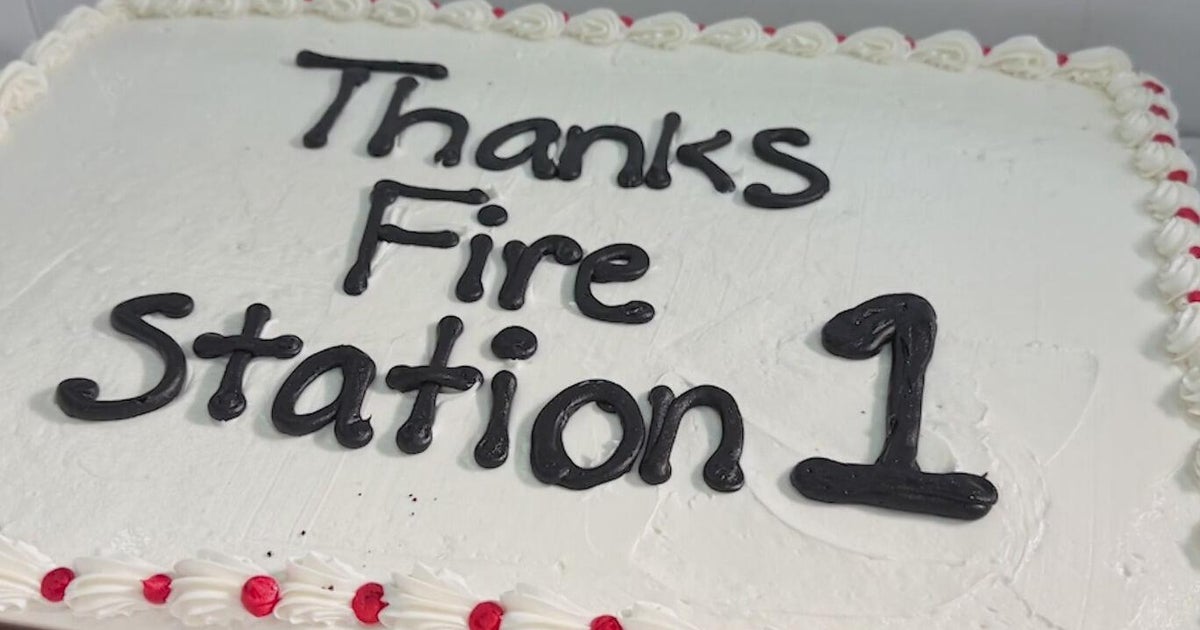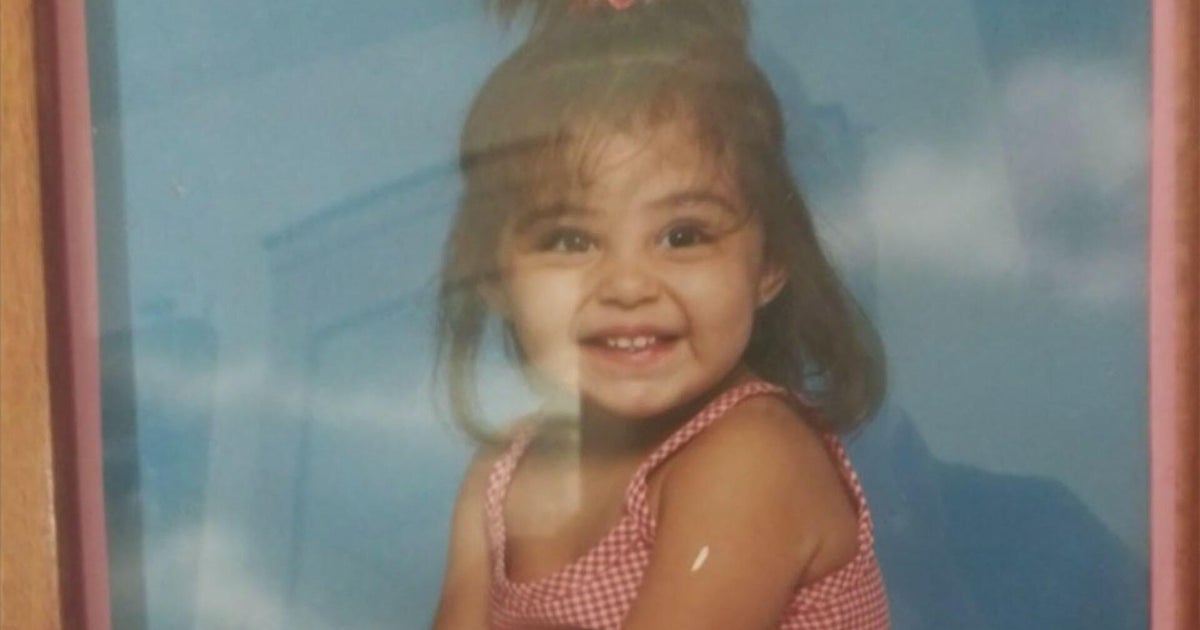Attorney Shares Story After Losing 2 Loved Ones To Suicide
NORTH TEXAS (CBS11) - October's Mental Illness Awareness Week sheds light on those suffering in silence. According to the National Alliance of Mental Illness, one in five adults and teens will fight the disease.
That puts them at increased risk of suicide. Terry Hill knows a lot about mental illness. The disease took her husband's life. Danny Hill was a successful lawyer, an elected District Attorney in Amarillo, father of 6 beautiful children.
He lost his battle to depression when in April of 1995 he ended his pain, by taking his own life in their home while his children slept. Terry hill could only think of their 4 little girls fast asleep in their rooms. Her thought went to their little girls sleeping in another room. "My daughters are going to run right into this room and they're going to see their dad." she recalled thinking as she saw her husband die.
She says Danny suffered from depression, battled alcohol and substance abuse. "He had threatened suicide! She told CBS 11. "But I always thought no, no, no, you have everything to live for!"
He had his dream job. Children. Family. Terry felt he had so much to live for and did not take his threats of suicide seriously. Eventually she had to tell their children that their father had died.
"I knew they would know and I had to tell them and I did," she recalls.
She wanted to put his death in the right perspective for her children. "Daddy was sick and he decided he couldn't live anymore but it had nothing to do with them." She said.
"I didn't know anything about suicide. It became my mission after Danny died to learn about suicide,"
The family moved to Dallas. Got therapy. Started fresh. Terry eventually enrolled in law school.
Two weeks into pursuing her dream career, depression robbed her again. This time--of her youngest daughter Hallie.
In 2004, Hallie lost her life to a mental illness. She took her own life at 14 years. It stunned Terry.
"The worst thing a parent can ever experience is hte loss of a child. The pain is indescribable," she said. "My heart broke. I could feel the pain in my heart."
Jennifer Huynh at the Suicide Crisis Center of North Texas says when someone is thinking of suicide, they are not thinking of the finality of the act. "I think they are thinking about how to relive the stress they are going through," she said.
Huynh says the suicide rates in North Texas are rising. From 2014 (97) to 2015 (112) , there has been a 15 % rise in the rates, in 15-24 year olds, according to the Texas dept. of health and human services.
Suicide is preventable. Huynh says it is important to learn to recognize warning signs, withdrawing from activities, isolation, and increased use of alcohol or drugs. Her advice--be direct and non-judgmental. And, don't be afraid to ask a lifesaving question, "have thought of killing yourself that term is different than hurting yourself?"
That question can mean a difference of life and death.
"Many people won't ask that question because they thinking it will plant the idea, that us so far from the truth--the person is already thinking it," Terry said. "That one sentence says someone cares about me."
Hill is speaking out about mental illness because she believes talking about it can save lives
"I don't really say anymore that Hallie committed suicide, or that Hallie killed herself, or that Hallie died by suicide," Terry said.
"What I say now is that Hallie died of depression cause that's what took her life."
Terry is working to de-stigmatize suicide.
If you are having thoughts of hurting yourself or any suicidal thought, help is not far. You can call the suicide crisis line at 214-828-1000 at the Suicide and Crisis Center of North Texas.
If you know a friend is suicidal or has thoughts of hurting themselves, you can:
1) Talk to them about their feelings.
2) Tell someone - Suicide is preventable. Tell someone you both trust or someone your friend trusts. Tell an adult.
3) Take Action: Take your friends cry for help seriously. Talk to an adult you trust. Don't be alone in helping your friend
4) Parents can support the child, listen, don't criticize or get angry. Find help for your child. Become informed.
5) In acute crisis- do not leave your friend's side. Call 911.
Here are some additional resources:
Suicide and Crisis Center of North Texas
(214) 828-1000 or (800) 273-8255
Suicide Prevention Hotline
1800-273-8255
Jordan Harris Foundation
817-485-1313







